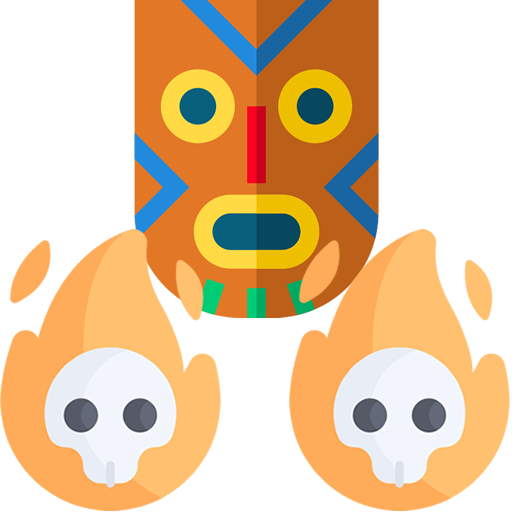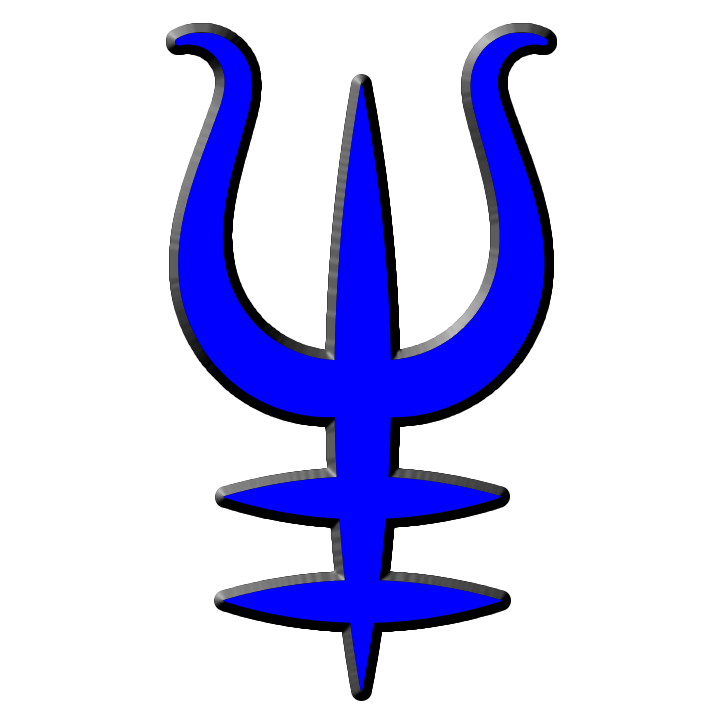 Vessel of Spirits
Vessel of Spirits
Heralds of Whisper and Bone
Spirit-bound shamans carry an aura that feels inhabited—soft murmurs brushing the air around them, shadows bending in ways that don’t match the light. Their skin is marked with drifting ink-like sigils that shift as though alive. When they call upon their power, lantern-bright eyes appear briefly in the air, drums echo with no source, and the hair on every neck lifts. Their presence is never quiet; it is crowded—filled with unseen hands and forgotten breaths.
Loa, Ancestors, and Echoes of the First Breath
Across spirit lodges, bone-littered shrines, and humid marsh altars, Vessels of Spirits refine their craft. They learn to bargain with ancestors, command wandering shades, and bind primal loa to masks, fetishes, and carved totems. Ritual circles etched in ash and salt hum with voices not heard by mortal ears. Spirit mentors teach them the truths of voodoo magic: the dead remember, echoes linger, and nothing—no wound, no oath, no sin—ever truly disappears. Their totems are not anchors but hosts, each one carrying a fragment of personality, memory, or wrath.
Power Through Pact and Possession
To be a Vessel of Spirits is to walk willingly between the living and the dead. Their magic bends fate, restores vitality, curses those who defy them, or calls forth spectral beasts to hunt their enemies. They command masks that change their voice, shadows that animate, and ancestral guardians that shield or strike. But every pact demands payment—blood, breath, or memory—and each spirit must be fed, bargained with, or appeased. In return, the spirits empower their vessel, letting them channel otherworldly strength, unfathomable insight, or primal fury. Their path is dangerous, but for those who master the chorus of the unseen, no battlefield is ever walked alone.
 Spells Known:
Spells Known:-
Bone Rattle Curse
 1
1
 5
5

-
Ancestral Mending
 1
1
 8
8

-
Whisper Hex
 2
2
 12
12

-
Possession Surge
 2
2
 16
16

-
Gravewind Pulse
 3
3
 24
24

-
Ancestral Rite
 4
4
 28
28

-
Throne of Ancestral Kings
 4
4
 32
32

-
Shackle of the Loa
 5
5
 36
36

-
Mask of the Loa
 5
5
 40
40

 Passive Abilities:
Passive Abilities:-
Ancestral Murmur1000 gp 5

-
Totem Crafting3000 gp 10

-
Spirit Reservoir3000 gp 15

-
Whisper Ward5000 gp 20

-
Gravecaller's Presence5000 gp 25

-
Ancestral Fortification7500 gp 30

-
Spirit Piercing10000 gp 35

 Full Abilities:
Full Abilities:-
Craft Spirit Totem: Empowerment10

-
Craft Spirit Totem: Protection10

-
Craft Spirit Totem: Speed10

 Quick Abilities:
Quick Abilities:-
Spirit Lash20

 Attack Abilities:
Attack Abilities:-
Spirit Strike1000 gp 5
